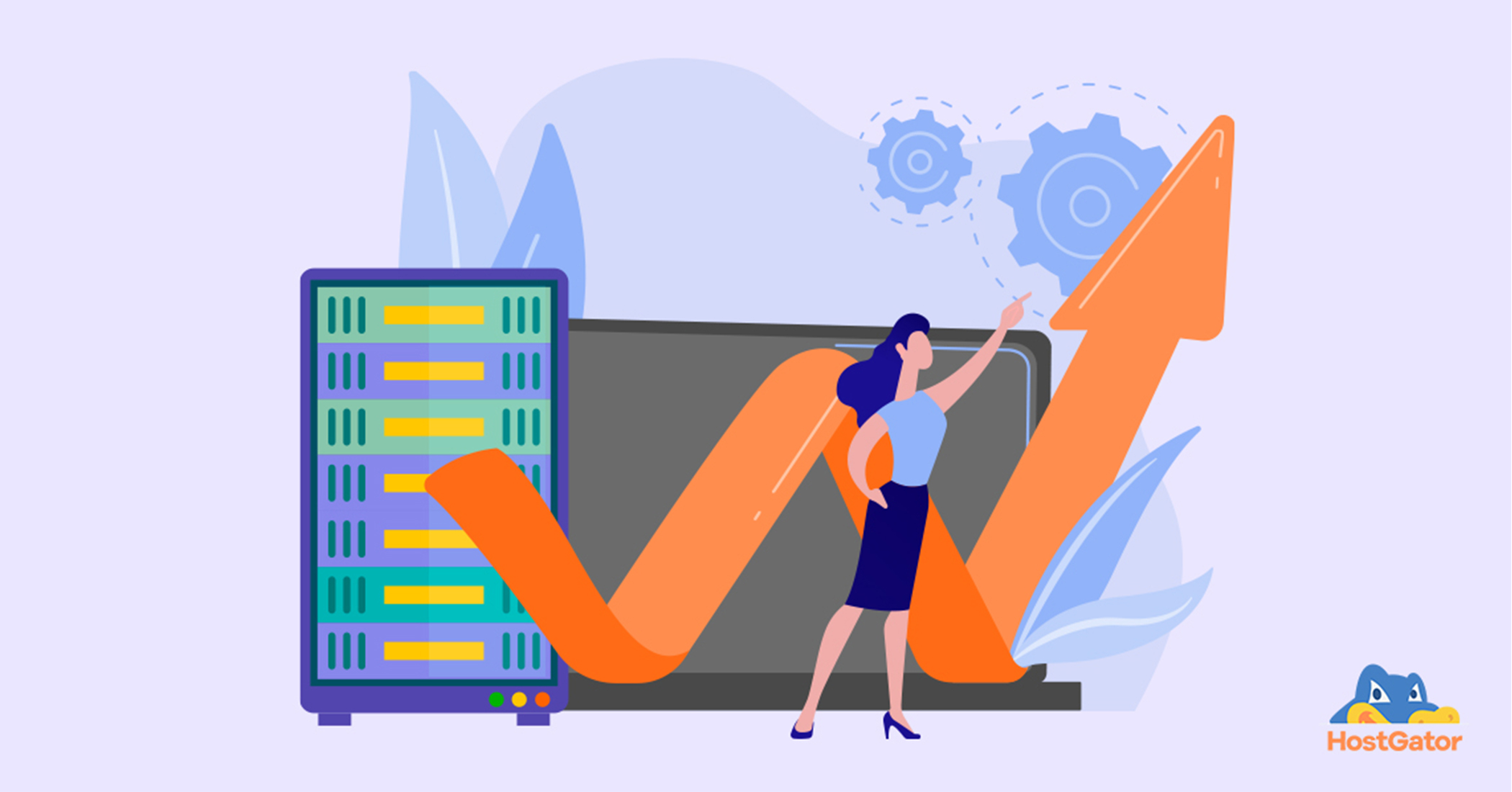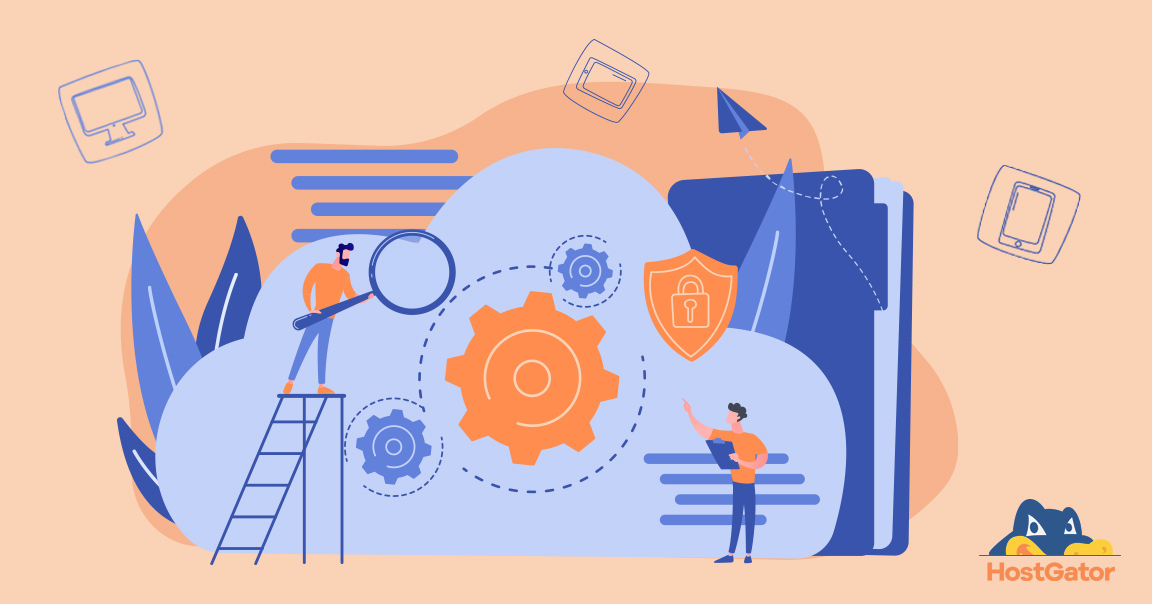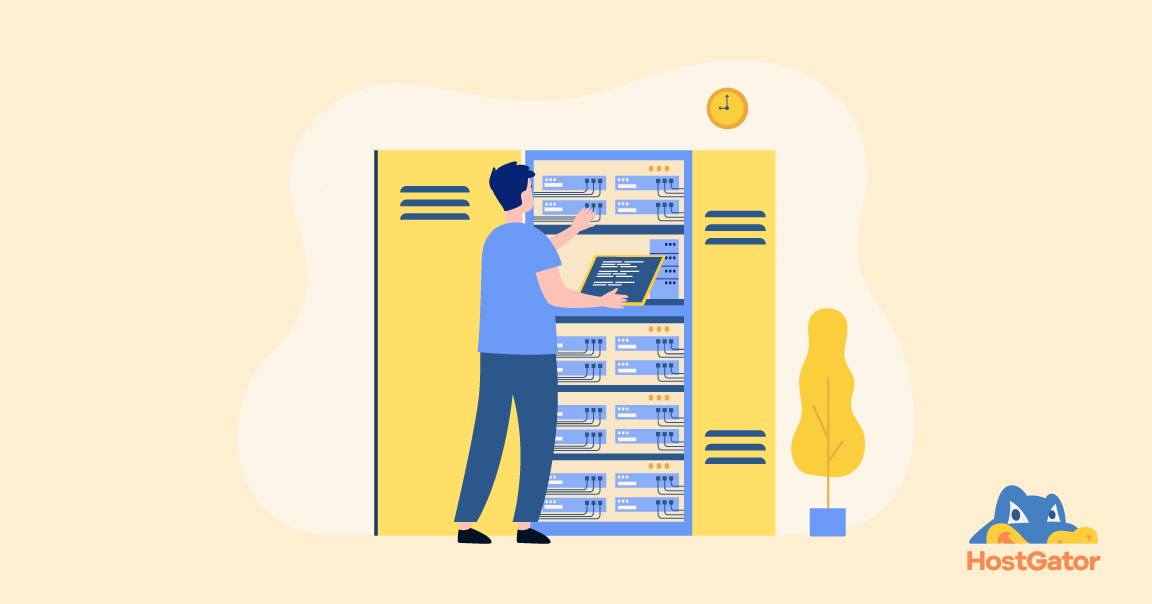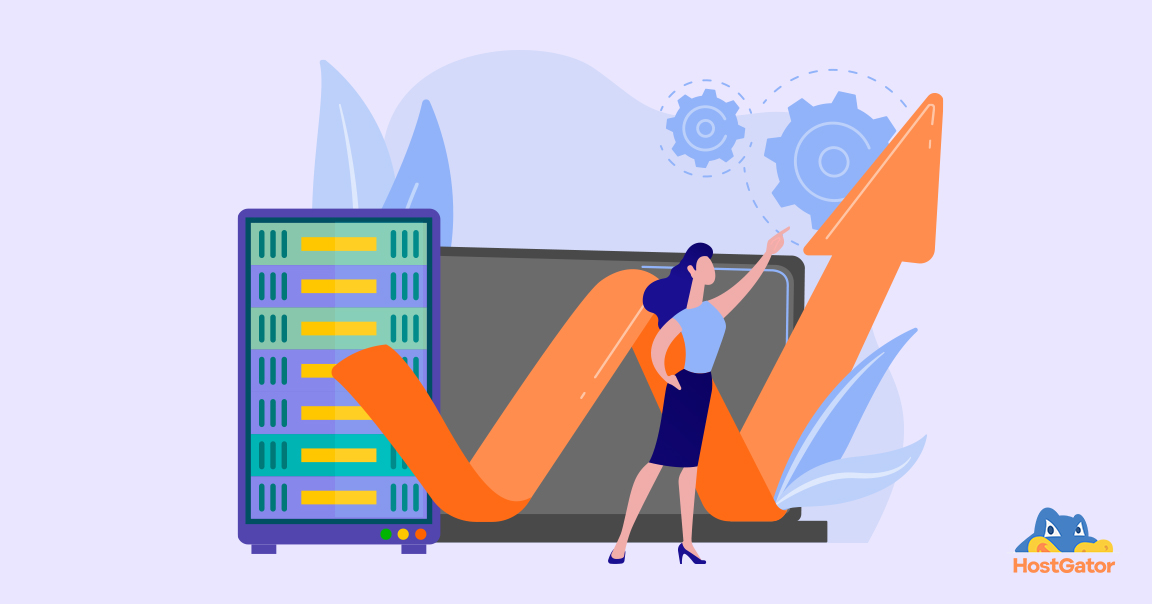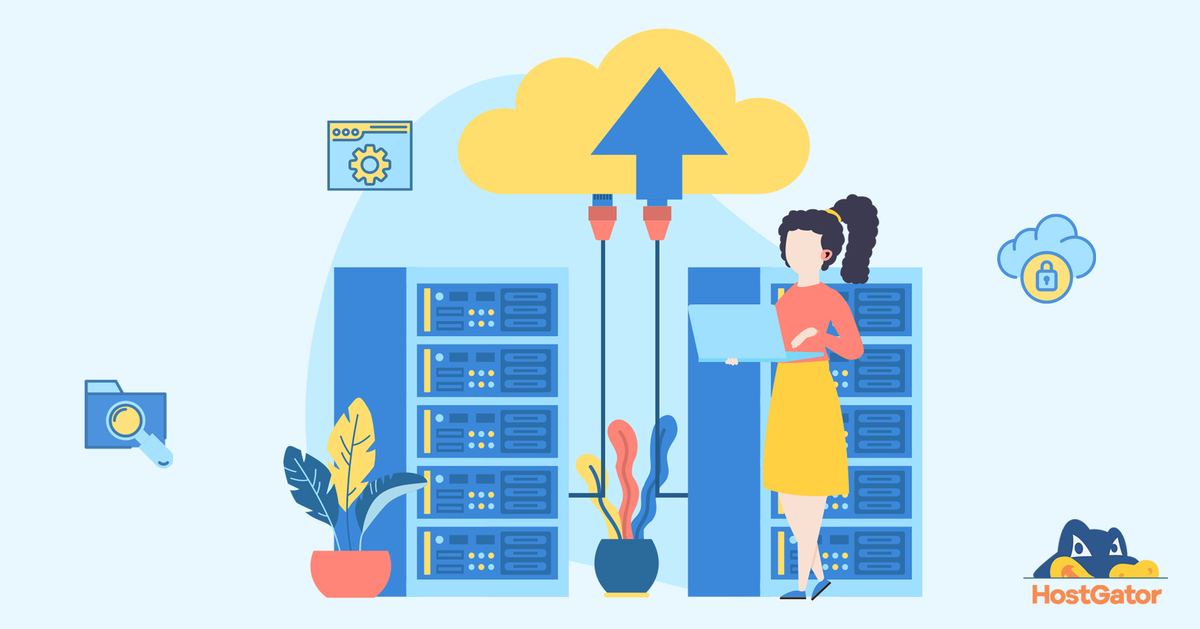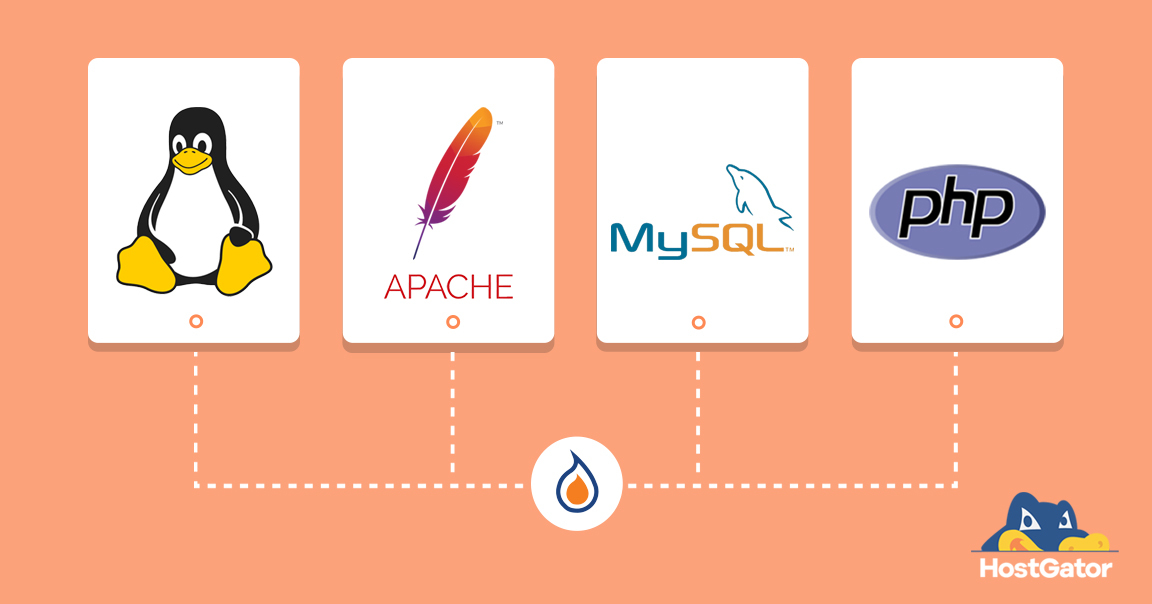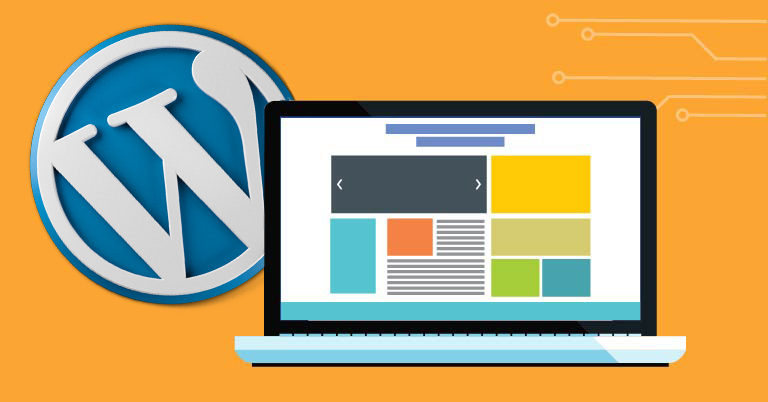If you’ve ever thought of building a website or even a web application, chances are you’ve heard of LAMP. From WordPress to Drupal, a lot of popular open-source web applications and websites are built on the LAMP architecture. LAMP is an acronym for Linux, Apache, MySQL, and PHP. It is one of the oldest software stacks of the web, and to this day, it’s one of the most popular and common ways to deliver a web application.
LAMP Components:
Linux:
Linux is the operating system of LAMP. It’s open-source, free, and flexible. Over the years, it’s proven to be reliable, and as a result, it’s hugely popular amongst developers. Given that hundreds of thousands of people use it, it’s also easy to find help if you need it.
Apache:
Apache the resident web server. Like Linux, it is open-source. Apache processes requests and then pushes the web assets via HTTP to the public domain. All this happens via a simple URL (Uniform Resource Locator).
Apache runs a large percentage of websites on the internet. One of the reasons is because of the number of features it offers. This doesn’t come as a surprise, given that an open community of developers maintains it.
MySQL:
MySQL is the database of the LAMP Stack. It’s a relational database management system that’s primarily used to store application data. One of the advantages of MySQL is the ease of use. It’s easy to store all the data that you want with the SQL language.
This is especially true if you have a lot of structured data that needs to be stored in the backend. In fact, MySQL is so versatile that many large and complex sites use it. Once again, it’s an open-source platform.
PHP:
Finally, we move on to PHP, the scripting language of the stack. PHP, in essence, works with Apache and helps in creating dynamic web pages. The reason PHP is used is that HTML can’t perform dynamic processes like pulling data from a database. In such cases, PHP is dropped into parts of a webpage that you want to be dynamic.
While there are plenty of other languages, PHP is preferred because of its efficiency. In most languages, when you make a change, you have to compile the entire code to see the changes, but that’s not true for PHP. Just hit refresh, and it’s done. Features like this are invaluable to developers. And of course, PHP is open-source too.
LAMP Architecture — How it works
The architecture of LAMP is pretty classic. Linux sits at the bottom, serving as a base. Following Linux are Apache, MySQL, and PHP — in that order. While it may seem that PHP is on the highest layer, it actually resides inside Apache as well.
The way all these works together is quite simple. When a browser sends a request, Apache collects that request. It then checks if a PHP file is being requested, then the request is forwarded to PHP.
PHP loads the requested file and then runs the necessary code. It also asks MySQL to get any data that’s been requested.
The combination of the data pulled and the code itself is used to create the output. Once the actual file code has been run, PHP sends it all to Apache. The web server transfers it to the browser, which then outputs the data as a webpage. This new data, if need be, can also be stored in MySQL. Of course, all of this runs on Linux which forms the very base of the stack.
Versatility:
LAMP has a very specific list of products and platforms that it uses. However, if you’re uncomfortable with some of them, you can swap them out. So, instead of Linux as the OS, you can use Microsoft Windows to create WAMP. Want to use Mac OS? Use MAMP! You can even swap out Apache if you want and use Internet Information Services — the webserver from Microsoft. It’s called a WIMP.
However, Apache is extremely popular with developers. Given that it is open-source, there are hundreds of customizable modules already available. From authentication capabilities to support for multiple languages — the Apache community has done it all!
Why is LAMP so popular?
There are several reasons for this, including the fact that everything used in its architecture is open-source and free to use. This means that you’re avoiding massive licensing costs. For small businesses, this matters a lot. Another advantage of everything being open-source is that you’re not locked with one vendor or provider. You can use whatever you need, for as long as you need.
Also, there’s a huge community that has worked on it for years. There are multiple free modules that are available online. And most of these are peer-reviewed and vetted by multiple developers. As a result, you can borrow the work they’ve done and customize it for your own needs. Apache, for example, follows the modular design principle. So, you can remove, add, and edit anything so that it works to your exact requirements.
Scalability is another significant advantage that the LAMP stack offers. If you were to build a website or an application with a LAMP stack, you’d pretty much have infinite scalability options. A LAMP stack, with a few modifications, can shrink or grow according to the demands that you’re placing on it.
As mentioned earlier, LAMP is almost platform-independent. It can work with Linux, Windows, Mac, and nowadays, even with Android and iOS. Finally, it’s vital to mention security. To begin with, the architecture is quite secure. However, this doesn’t stop the community from releasing regular updates. The whole architecture is encrypted too. As a result, a LAMP server is incredibly safe.
HostGator and LAMP Stacks:
As one of the leading hosting providers, HostGator offers complete support for LAMP stacks. With Shared or VPS Hosting options, LAMP stacks are fully supported. LAMP is also supported on HostGator’s Linux Dedicated servers.
To know more about the other web hosting categories and to choose the right option for your business, visit our Hosting Blogs Category.

